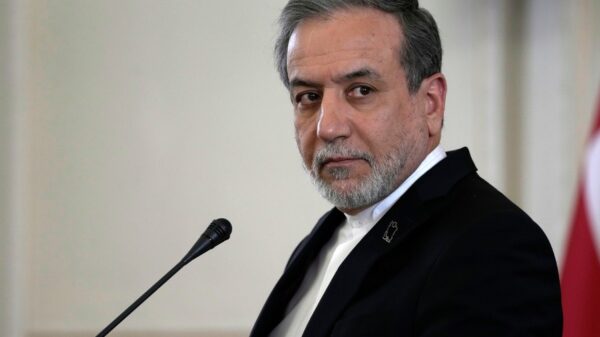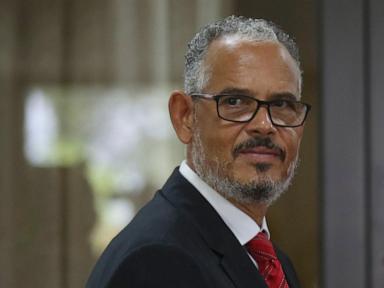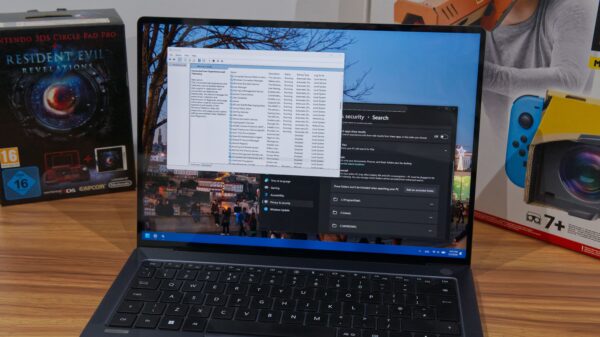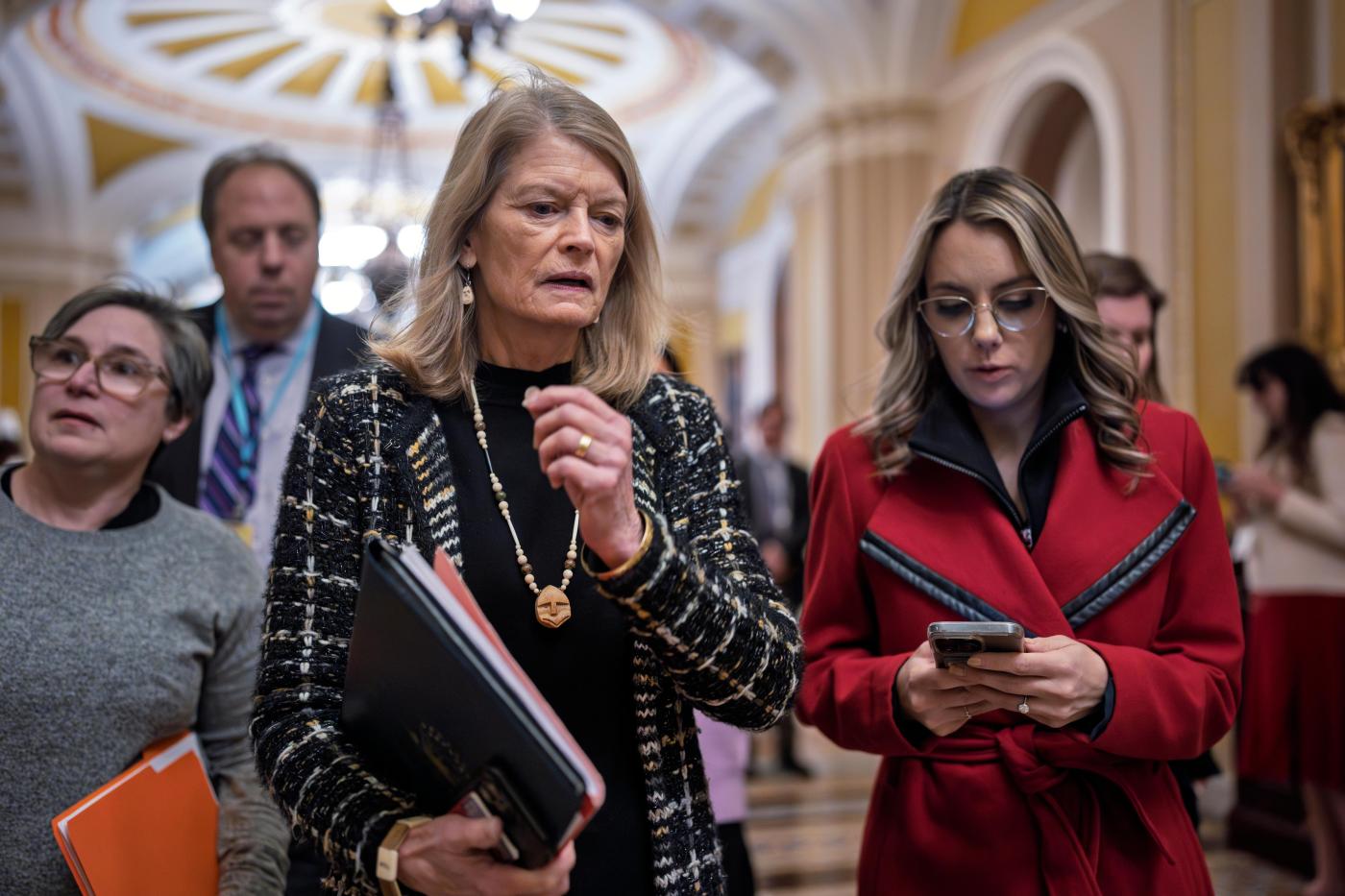President Donald Trump faces bipartisan criticism over his recent attempt to implement a “pocket rescission” to cancel $4.9 billion in allocated funds for foreign aid and international organizations. Lawmakers from both the Republican and Democratic parties have raised significant legal concerns regarding the president’s actions, which many believe circumvent Congress’s authority.
Senator Susan Collins (R-Maine), who chairs the Senate Committee on Appropriations, expressed skepticism about the legality of Trump’s approach. In a statement, Collins noted that the proposed rescission package was submitted to Congress very close to the end of the federal fiscal year on September 30. She stated, “This is an apparent attempt to rescind appropriated funds without congressional approval.”
Senator Lisa Murkowski (R-Alaska) echoed these concerns, emphasizing on social media that “Congress alone bears the constitutional responsibility for funding our government.” Murkowski criticized any efforts to retract funds without following the established appropriations process, arguing that such actions undermine legislative authority.
Senate Minority Leader Chuck Schumer (D-New York) and House Minority Leader Hakeem Jeffries (D-New York) also condemned the president’s move. Jeffries remarked that the appropriations process should remain bipartisan and accused Trump of attempting to unlawfully “steal” taxpayer money. Schumer added that the administration’s approach reflects a desire to sidestep collaborative governance.
The Office of Management and Budget (OMB) defended Trump’s actions, asserting that the administration is on “firm legal ground.” An OMB spokesperson referenced a decision made by the Government Accountability Office (GAO) in the 1970s, which suggested that pocket rescissions were lawful. The spokesperson noted, “When Presidents Ford and Carter used pocket rescissions, GAO confirmed that the funds in question did lapse following the Impoundment Control Act.”
Nonetheless, the GAO has ruled pocket rescissions illegal as recently as 2018. Senator John Thune (R-South Dakota) emphasized the importance of following proper legislative processes, stating, “As a matter of process, it’s the right thing to have the appropriations process do their work.”
The controversy surrounding Trump’s pocket rescission has raised questions about the balance of power between the executive and legislative branches. As the fiscal year draws to a close, the implications of this action could have far-reaching consequences for funding foreign aid programs.
Lawmakers from both sides of the aisle are closely monitoring the situation as they prepare for the upcoming budget negotiations. The ongoing debate reflects broader concerns about fiscal responsibility and accountability in government spending.
As discussions continue, the political landscape remains charged, with leaders urging a return to collaborative governance.








































































